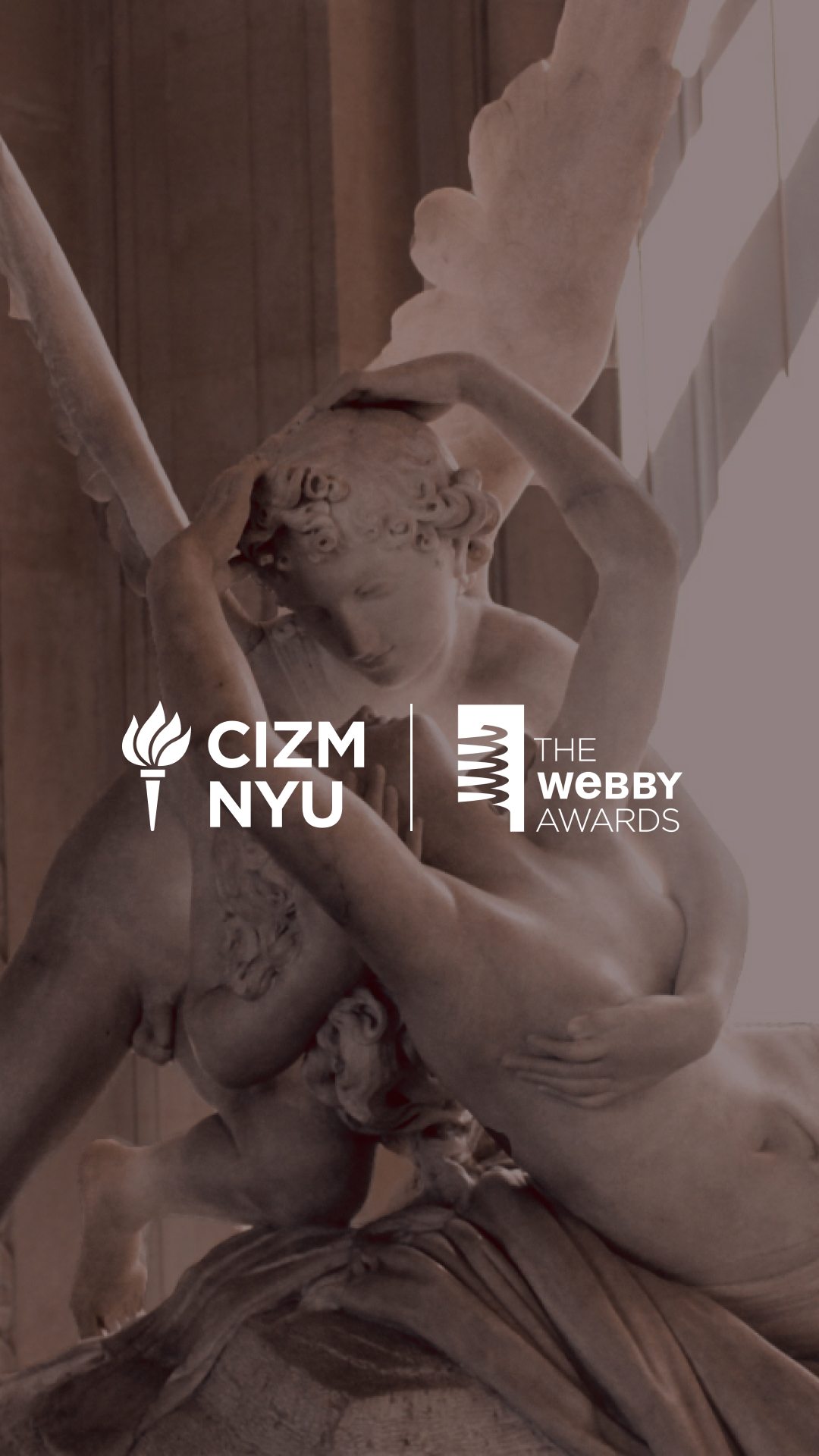The newly redesigned website for Casa Italiana Zerilli-Marimò has been named a finalist in the 2025 Webby Awards, earning a spot in the “Community” category alongside some of the most influential digital platforms in the world. But for the center’s director, going viral was never the goal.
“We didn’t set out to make something viral,” said Stefano Albertini, who has led the NYU-affiliated cultural institute since 1994. “We wanted to take what we do in person—this careful, open dialogue between Italy and the U.S.—and build a space for it online.”
The project took nearly a year to complete, developed in partnership with digital consultant Giuseppe De Lauri and the creative agency Takt. The result is a minimalist, ad-free platform that hosts an expansive archive of cultural content: lectures by Italian philosophers, panels on neorealist cinema, readings of contemporary poetry, and more. All of it is available without paywalls, pop-ups, or personal data collection.
In an internet landscape dominated by algorithms, monetization, and distraction, the site feels like a throwback—and that may be precisely what makes it stand out.
The Webby Awards, established in 1996, honor excellence on the internet across categories from journalism to design to activism. Winners are chosen by the International Academy of Digital Arts and Sciences, but the public can also cast votes for the Webby People’s Voice Award until April 17 at vote.webbyawards.com. Voters must select Casa Italiana Zerilli-Marimò under “Community” in the “Websites – General Desktop & Mobile Sites” section and confirm their choice via an emailed link for the vote to count.

While the recognition carries no cash prize, a Webby nomination can bring prestige and visibility—especially to smaller cultural institutions that operate with limited funding but serve wide and diverse communities.
Casa Italiana was founded in 1990 by Baroness Mariuccia Zerilli-Marimò, who envisioned a space that defied easy classification: not a commercial venue, not strictly academic, neither a consulate nor a promotional outpost. Over the years, the center has stayed true to that vision, offering free public events without courting influencers or major donors.
Now, that mission lives on in a digital form that resists the flattening pressures of the web. The new site doesn’t aim to entertain—it invites.
“You might stumble across a lecture by Luciano Canfora or a conversation on post-war Italian cinema,” Albertini said. “And you’re not asked to log in, subscribe, or sit through an ad first.”
At a time when much of the internet is engineered for short attention spans and immediate returns, Casa Italiana is trying something different: building memory.
And for Albertini and his team, the Webby nod is a quiet affirmation. “In a moment where everything feels driven by metrics,” he said, “it’s nice to be reminded that content—real content—still matters.”












